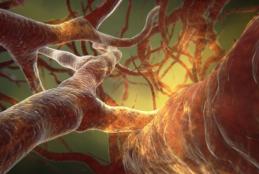Human papillomavirus: the case for a gender-neutral vaccination programme
Human papillomaviruses (HPV) are a large family of double-stranded DNA viruses that infect skin and mucosal cells [1]. Of the more than 100 recognised genotypes, at least 13 are considered to be oncogenic (or ‘high-risk’). The two most common of these, i.e. type 16 and 18, are known to cause approximately 70 per cent of all cervical cancers. Oncogenic HPVs have also been implicated as the aetiological agents in squamous cell carcinoma of the anus, genitals and the head and neck.
Biodiversity and the importance of environmental literacy in medical education
Doctors have an important role in the protection and promotion of human health, from individual to global scales. As our climate changes and ecosystems are degraded, the protection of nature is becoming increasingly important for public and global health efforts. There is an increasingly large body of evidence highlighting the environment and human health as critically connected – the variety of ecosystems on Earth provide human populations with many necessities for health and wellbeing.














